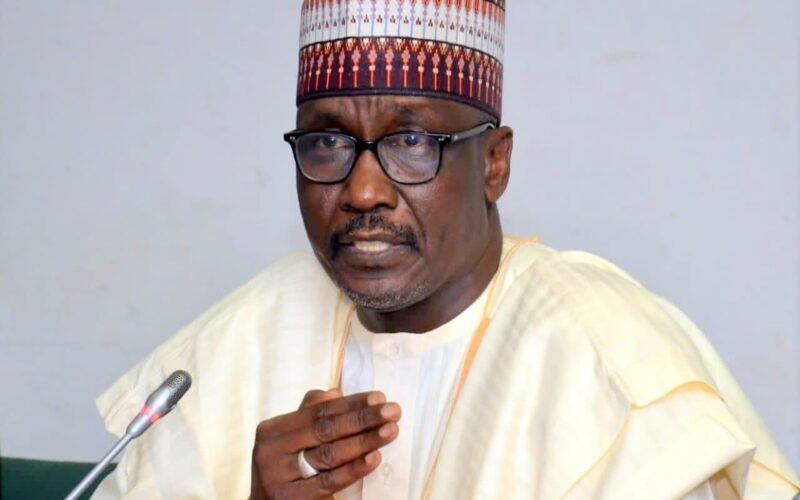The Nigerian National Petroleum Company Limited (NNPCL) has revealed that financial challenges are the primary cause of the ongoing fuel scarcity across the country. This acknowledgment came in a statement released on Sunday, titled “NNPC Ltd Faces Financial Strain Due to PMS Supply Costs, Impacting Supply Sustainability,” marking a shift from the company’s previous denials.
As the sole importer of petrol in Nigeria, NNPCL admitted that the significant financial burden it faces is threatening the sustainability of fuel supplies nationwide. The statement, signed by the Chief Corporate Communications Officer, Olufemi Soney, highlighted the growing debt owed to petrol suppliers, which has placed immense pressure on the company.
“NNPC Ltd. has acknowledged recent reports in national newspapers regarding the company’s significant debt to petrol suppliers. This financial strain has placed considerable pressure on the company and poses a threat to the sustainability of fuel supply,” the statement read.
The NNPCL also reaffirmed its commitment to its role as the supplier of last resort, as mandated by the Petroleum Industry Act (PIA). “In line with the Petroleum Industry Act (PIA), NNPC Ltd. remains dedicated to its role as the supplier of last resort, ensuring national energy security. We are actively collaborating with relevant government agencies and other stakeholders to maintain a consistent supply of petroleum products nationwide,” the statement added.
Industry experts have responded to NNPCL’s admission, calling for a shift in pricing policies to address the root of the supply issues. Tunji Oyebanji, Chief Executive Officer of 11 Plc (formerly Mobil Nigeria), criticized the NNPCL for what he described as living in self-denial regarding the sustainability of current fuel prices.
“NNPCL’s continued practice of selling fuel below the supply cost is not sustainable,” Oyebanji said in an interview with Daily Trust. “If they sold at an economic price, perhaps other importers could step in, the supply would improve, and the financial strain wouldn’t fall solely on NNPCL. It’s baffling that they’ve not been upfront about this issue from the beginning, instead of resorting to denials.”
Another independent marketer, who chose to remain anonymous, echoed these concerns, highlighting the broader impact of Nigeria’s declining crude oil production on the fuel supply chain. “The price of petrol was almost inevitably going to rise, which is one of the outcomes of a fully deregulated market,” the marketer explained.
“The NNPCL remains the main importer, with private importation remaining limited. This situation is worsened by Nigeria’s declining crude oil output, which impacts the country’s capacity to import refined products. The Organisation of Petroleum Exporting Countries (OPEC) has also noted the dwindling output of many nations, including Nigeria.”
As the country grapples with these challenges, the pressure mounts on NNPCL and the government to find sustainable solutions that ensure a stable and affordable fuel supply for Nigerians









